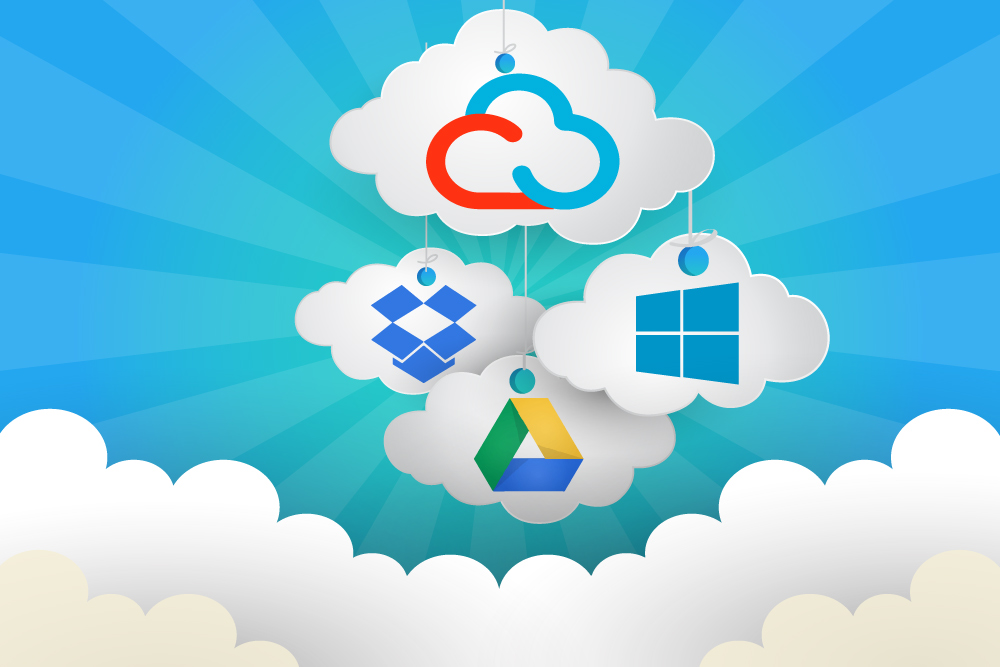
Getting Acquainted With Multicloud, the Latest In Cloud Computing
Is it the same as a hybrid cloud? There’s a question right there that cannot be avoided. The evolution of cloud computing is getting complicated but try not to get caught up with the names, but study the functions and features instead. Let’s break down the details of how this other breed of cloud computing came to be but first, let’s go back to the question, “How does multicloud differ from a hybrid cloud?”
How multicloud came to be
Hybrid cloud connects different kinds of platforms such as public and private cloud within a single application but sometimes the of a company or an organization doesn’t want to rely heavily on one cloud provider alone. One cloud provider could have the best service in a certain feature while the other excels in another feature. This is where multicloud computing comes in—because we have the tendency to want the best of both worlds. Not that it’s a bad thing or something. Anyway, multicloud can connect multiple cloud providers such as Microsoft and OpenStack, or AWS and VMware. As the adage goes, “Never put all your eggs in one basket”. By using two or more cloud services, not all data will be lost when a breakdown in hardware or software occurs.
Is it difficult to manage multiple cloud computing infrastructures?
In a word, yes. Most businesses or companies are now operating using multicloud infrastructure but some of them manage to work their way around the complexities—the biggest challenge in multicloud. The different technologies, interfaces, services, not to mention the terminologies across cloud vendors can easily get tangled in a “web”. Then there’s the need to oversee the entire functions of what to move to the cloud including the where, when, and why given the different platforms there are. Such calls for a high level of expertise. What would do is develop the techniques and tricks by studying the current infrastructure of the business and applying cloud computing wherever and however they see fit.
Multiple clouds, multiple benefits
Despite its complexities, companies, and organizations still go for multicloud because, as they say, every cloud has a silver lining.
MORE OPTIONS TO CHOOSE
Why go for one when you can get it all? A multicloud gives you the liberty to choose, combine, switch to different features and services of each cloud provider however you see fit for your organizational goals. Having a lot of options to switch vendors allows you to make use of whatever best offers are available that work well in your favor.
LESS PRONE FOR ALL DATA TO BE COMPROMISED
Putting all workloads in a single cloud is quite risky. If you think of it, this cloud provider could start increasing its service cost or make amends that might affect your business operations, and that leaves you with no choice but to bear the burden or take the hassle of moving to another cloud provider. Multicloud gets you to store your data in different cloud providers.
HYBRID IS STILL AN OPTION
Choosing to go multicloud doesn’t mean the option for a hybrid is already out of the picture. The hybrid cloud solution is still maximized for that faster service especially when clients are in another country, hence, having the workload on the cloud that’s strategically close to their location better response time is still an option.
Where multicloud can be applied
There are several applications of multicloud. A business company may simultaneously use different cloud providers for infrastructure and software services or use multiple providers. If you opt for the multiple infrastructure providers, you may use different kinds of infrastructures and designate one workload to another, or arrange a certain workload on one provider and at the same time back it up.
Another application is that one particular cloud may accommodate a massive number of requests per unit time and needs small data transfers on average while another cloud could do better for a smaller number of requests per unit time in large data transfers.
Recent Posts
- How Does GPON Improve Network Efficiency?
- What Are The Advantages Of GPON?
- What Are The Benefits Of IT Outsourcing?
- What's The Deal With Ransomware Attacks?
- Are GPON Providers Widely Available?
- What's GPON's Impact On Bandwidth?
- Why Is Multi-Factor Authentication Important?
- How To Ensure Data Privacy Compliance?
 Blogs
Blogs Infographics
Infographics Videos
Videos Podcasts
Podcasts Case Studies
Case Studies Call For Quote
Call For Quote